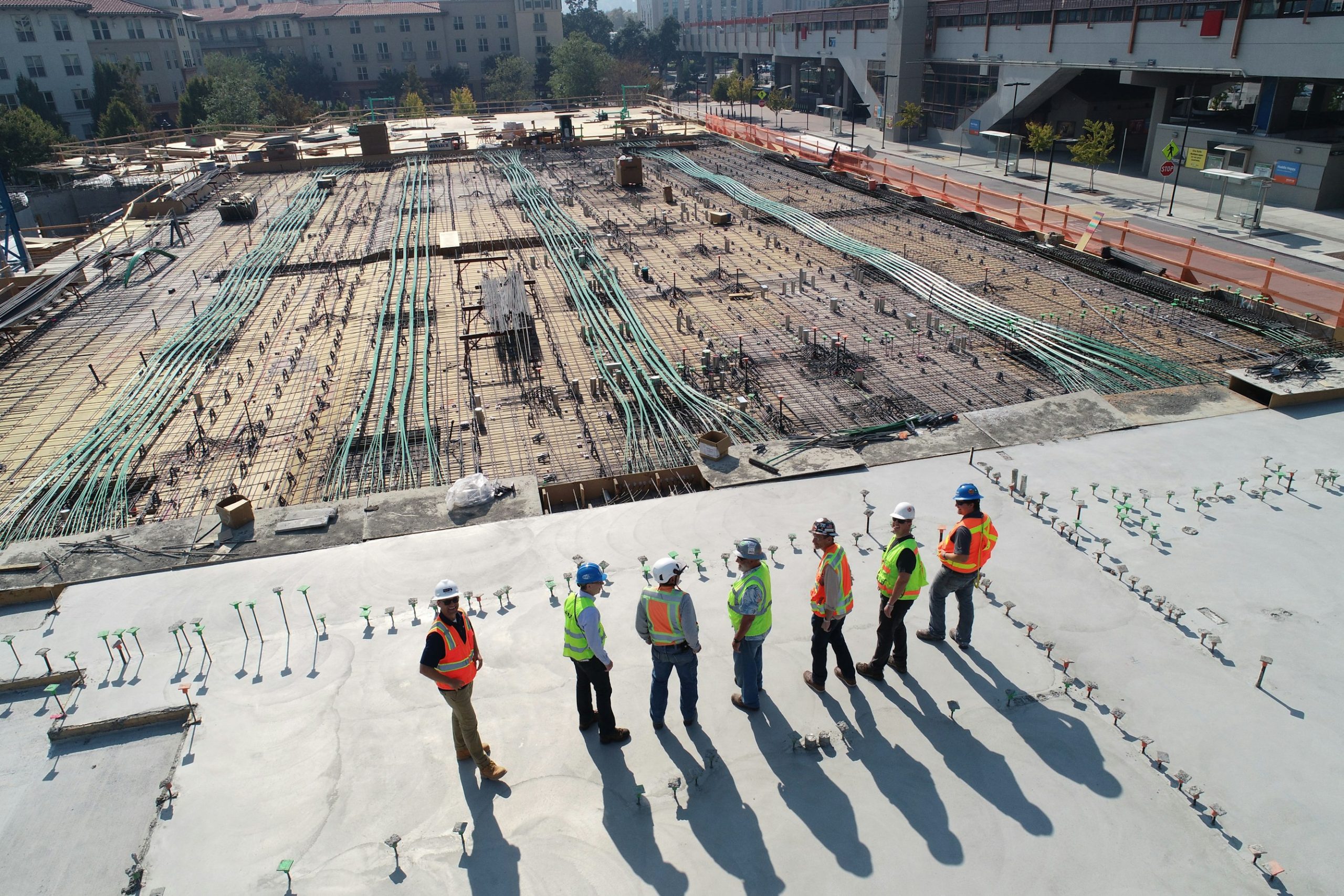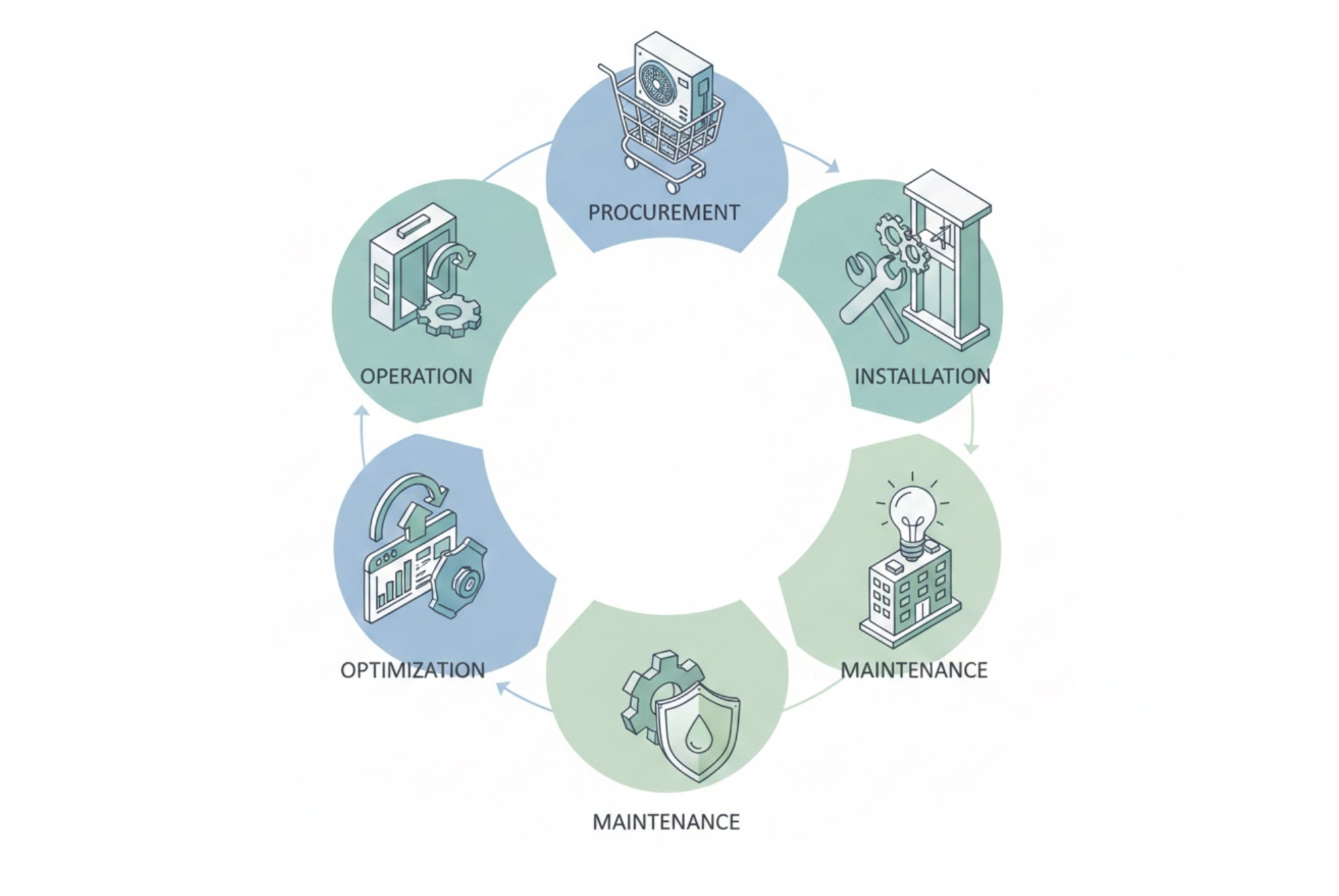Procurement Delays & Their Impact on Site Progress: A Financial Risk
Procurement delays are a critical issue in project management, particularly in Engineering, Procurement, and Construction (EPC) projects. Proper management is essential, as it significantly influences project timelines and financial stability. In this blog post, we will discuss the causes and impacts of procurement delays on site progress while exploring strategies to mitigate these risks through advanced project management tools like Zepth.
Impact on Project Schedule and Cash Flow
In EPC projects, procurement activities carry significant weight, influencing over 50% of the project’s overall progress. Timely delivery of materials is crucial, as it affects cash flow, schedule completion, and profit margins. A disruption in procurement can consequently lead to delays in construction, affecting milestones and timelines.
Complexity of Procurement Process
The procurement process typically involves multiple stages, including vendor registration, sourcing, and approval of various documents. Each stage requires review and approval from multiple stakeholders, making it time-consuming and prone to delays, especially when managed manually or through traditional email communications. As the construction industry evolves, understanding bottlenecks in procurement is vital to ensuring smooth project execution.
Causes of Procurement Delays
Internal Factors
- Weak Procurement Capacity: Inadequate bidding methods, prequalification systems, and ambiguous tender documents can lead to delays, accounting for 13% of delays.
- Weak Contract Management/Administration: Poor contract administration and management can cause significant delays, representing 11% of procurement disruptions.
- Inadequate Planning: Lack of proper planning, outdated schedules, and inadequate baselining can contribute to about 4% of delays.
External Factors
- Contractor/Supplier Issues: Weak contract management, resource shortages, and liquidity issues can result in delays accounting for 6%, 5%, and 3% respectively.
- External Stakeholders: Delays in approvals from other departments, political factors, and unforeseen geological issues can also impact timelines by 6%, 5%, and 4% respectively.
Financial Risks
Procurement delays present several financial risks that organizations must navigate. These include:
Cost Increases
Delays in procurement decisions can lead to substantial cost escalations. For instance, an 18-month delay, partly due to protracted procurement decisions, can significantly inflate project costs, stretching budget allocations and impacting profitability.
Cash Flow Impacts
As procurement activities are closely tied to project cash flows, delays in the supply chain can disrupt financial stability and the overall profitability of projects.
Revenue Delays
Infrastructure projects that experience procurement delays can postpone the realization of expected revenues, negatively affecting financial returns and long-term viability.
Managing and Mitigating Procurement Delays
Annual Procurement Plans
Establishing an annual procurement plan and adopting proper portfolio management approaches can expedite the tendering cycle, thereby reducing the likelihood of delays.
Use of Technology
Implementing construction project management software, such as Zepth’s project management tools, can streamline the procurement process. Leveraging these advancements helps improve tracking mechanisms and reduce manual errors associated with traditional procurement practices.
Documentation and Communication
Documenting the impact of procurement disruptions—ranging from cost implications to scheduling effects—and communicating these to relevant stakeholders is crucial in managing expectations and proactively mitigating risks.
Best Practices
Early Planning and Coordination
Involving all stakeholders early in the project lifecycle, along with thorough planning, can assist in identifying and mitigating potential delays before they affect project outcomes.
Clear Documentation
Ensuring tender documents are clear, comprehensive, and unambiguous reduces misinterpretations and the likelihood that procurement delays will stem from misunderstandings.
Continuous Monitoring
Regularly tracking the progress of procurement activities against set schedules is crucial to identify deviations promptly and implement corrective measures swiftly.
How Zepth Can Help
Project Management Tools
Zepth’s project management tools can enhance your procurement process by providing a centralized platform to track and manage procurement activities, consequently reducing the complexity involved.
Risk Management
The risk management features within Zepth can aid organizations in identifying and mitigating potential procurement delays through real-time monitoring and alerts that allow for proactive measures to be taken.
Collaboration and Communication
Zepth’s collaboration tools foster improved communication among project stakeholders, ensuring all parties remain aligned and informed. This connectivity is vital in reducing delays stemming from miscommunications or a lack of coordination.
By leveraging these strategies and tools offered by Zepth, companies can better manage procurement delays, mitigate associated financial risks, and ensure a smoother project progress.




